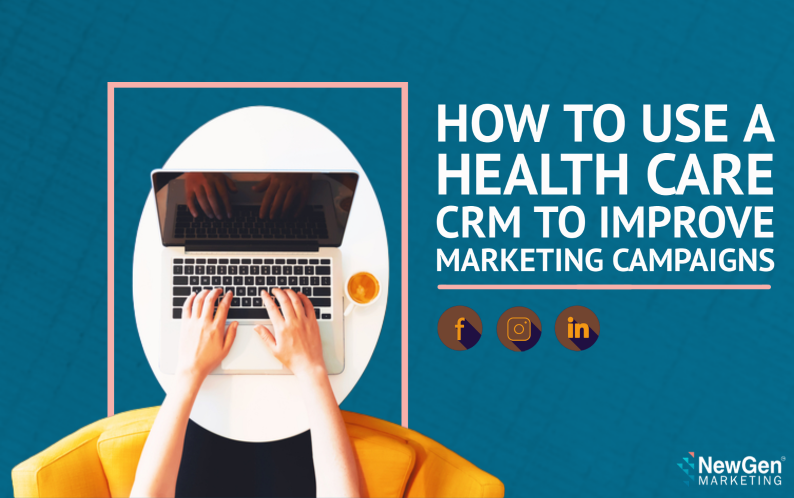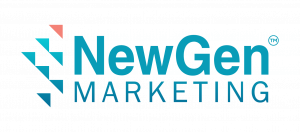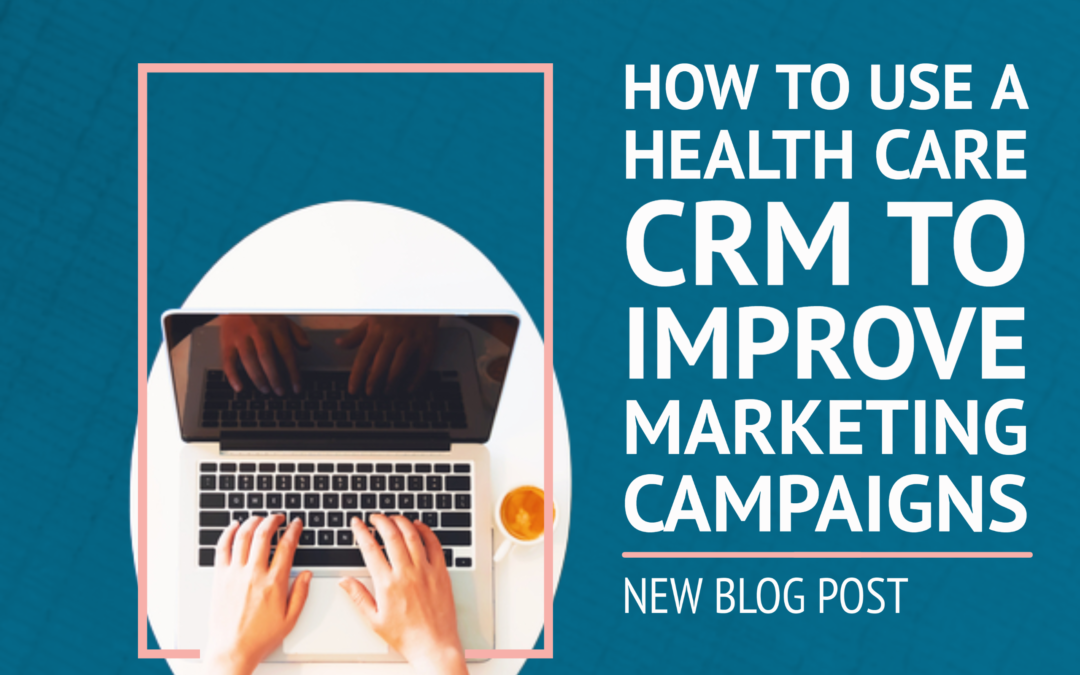
A health care customer relationship management (CRM) platform is one of the most vital tools that modern practices need to operate successfully. The software captures and stores all your patient information and interactions in one place that everyone on your team can access. A CRM helps your team deliver first-rate service and support because all the current and historical information you need to know about a patient is available at a glance.
But did you know that your medical CRM is also a valuable marketing tool? Having all your patient data in one place makes it easy for your team to gain insight into your patients and determine their preferences and needs. Keep reading to learn how the patient knowledge stored in your CRM can help your practice improve marketing outreach.
1. Understand Your Patient Base
A CRM is a rich source of information about your primary patient base. The software compiles all your patient data and interactions in one place, allowing you to develop a detailed profile of patient demographics. Among the wealth of information available, you can gather reports on where your patients are, their backgrounds, their behaviors and interests, and the products and services they’re purchasing from you.
Additionally, a CRM can identify preferences, trends, and behaviors that will help you learn what your patients like and form deeper connections with them.
2. Develop More Focused, Personalized Messaging
You can use the information stored in your CRM to craft more personalized, relevant messaging that resonates with your patients. How? Here are a few ideas that utilize the goldmine of information at your fingertips.
- Preferred method of communication. How does your team communicate with patients — via email, text, phone calls? Which methods are the most effective in terms of responses and engagement? You can use this type of data to ensure you’re sending messaging through the channels where patients are most likely to see it and respond.
- Personalized messaging. Sending emails or texts that start with “Hello” or “Dear Customer” come across as uncaring and impersonal. But a CRM functions as a huge database that collects and stores the names of all your patients, potential patients who call into the clinic, and online visitors who submit lead forms to learn more about you. Now you can use that information to create personalized messaging that addresses potential and existing patients by name. Small details go a long way toward making your patients feel seen and valued.
- Patient insights. Your CRM also captures and stores conversations between your team and leads or patients. These documented conversations are usually packed full of insights into what your patients are thinking and feeling. What are the biggest pain points that your services help solve? What are the key benefits that convince leads to move forward with your services? Take these insights and incorporate them into your messaging to attract and engage people searching for you.
When your messaging is more personalized, timely, and relevant to your patients, you’ll start seeing better responses and engagement from your outreach efforts.
3. Segment Your Audience
Marketing is all about putting the right messaging in front of the right people. Once you learn more about your patients’ demographics, behaviors, interests, and purchasing history, you can use that information to create hyper-targeted campaigns that are designed to resonate with a specific audience.
For example, if your health care clinic administers flu shots, you can identify everyone in your database who received one the year prior and send a text reminder during flu season to get their shot. Or, if you’re creating a campaign about back-to-school health exams, segment all your patients with school-aged children to receive an informative email about the benefits of bringing their children in before school starts.
Segmentation is a great tool to ensure that your patients are only getting the information that’s most relevant to them, which makes them more likely to read and respond to your messages.
4. Seek New Customers
Once you’ve built up a detailed profile on your patient demographics, their behaviors, and what kind of messaging they respond to, you can use that knowledge to seek new patients with similar interests and demographics.
Learn More About NewGen Marketing
The NewGen Marketing team has years of experience driving sales and business growth for industry-leading health care brands. We recognize the value of integrating multi-channel marketing campaigns with a proven acquisition and nurturing process that turns leads into patient conversions and treatments.
We provide broad-spectrum medical marketing services, including strategy and investment, analytics, paid media, social media, remarketing, content marketing, and acquisition and call centers. When you’re ready to hire a marketing agency that can drive more to your bottom line, contact NewGen Marketing for a free consultation.


Masaj kalitesi açısından oldukça başarılı bir deneyim yaşadım…
Can you be more specific about the content of your article? After reading it, I still have some doubts. Hope you can help me.
Your point of view caught my eye and was very interesting. Thanks. I have a question for you.